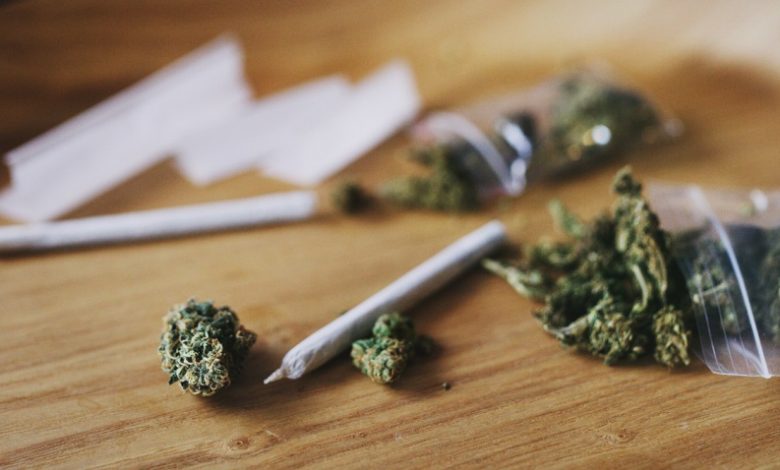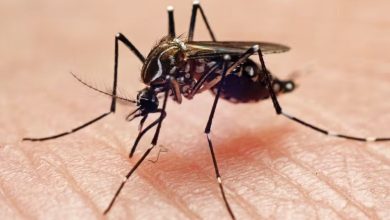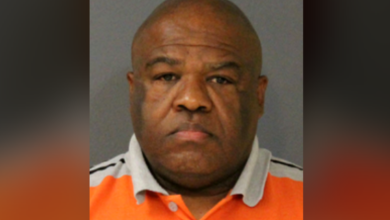Fort Worth Police Stop Arresting Most Marijuana Offenders Amid Questions About Testing

Fort Worth, Texas – Fort Worth police are no longer arresting or citing people caught with small amounts of marijuana, a department spokesman said Monday.
“We have only been seizing the marijuana,” said Fort Worth police Capt. Mark Barthen. “We are also not issuing citations in lieu of arrest like some jurisdictions.”
The change in policy was due to “issues with testing,” Barthen said.
He added officers will fill out “suspect cases” when they seize the marijuana but realistically no cases are being filed without testing.
Defense attorneys have raised legal questions about how to differentiate between marijuana and hemp, which Texas legalized last year. Hemp is the plant used to make CBD products.
The attorneys argue labs are not qualified to determine the difference between the two, which contain the same active agent.
Texas law defines marijuana as having more than 0.3 percent of the ingredient, known as tetrahydrocannabinol, or THC.
“Since hemp is legal, how do the prosecutors prove what they actually confiscate is hemp versus marijuana if they can’t test it?” defense attorney Mimi Coffey said.
Misdemeanor marijuana possession is the most common criminal charge in many cities.
In Tarrant County, for example, 3,750 marijuana cases were filed last year, far more than for any other offense.
Tarrant County District Attorney Sharen Wilson said she was unaware that Fort Worth officers were no longer arresting people for small amounts of the drug.
“What is my reaction? I don’t know,” Wilson said. “You know, that’s not my department. And I really don’t have a reaction.”
The news comes as Wilson is promoting her own forgiveness program, dismissing cases of people who complete three negative drug tests over three months.
“For me, the beginning of rehabilitation is sobriety and that’s what we’re trying to encourage with this,” she said.
Marijuana enforcement policies vary widely from city to city and county to county, creating a confusing hodgepodge that can range from no punishment – to jail.
In neighboring Arlington, for example, police Lt. Chris Cook said the department was still arresting and prosecuting people for marijuana offenses.
Last year, the Texas Department of Public Safety told officers to “cite and release” low-level marijuana offenders “as appropriate” after the new hemp law, the Texas Tribune reported.
“Texas Department of Public Safety personnel are expected to continue enforcing marijuana-related offenses and are following guidance from local district attorneys on whether to arrest or issue a citation,” DPS said in an email to NBC 5.
Dallas County District Attorney John Cruezot routinely rejects cases for first-time offenders caught with less than four ounces, even though departments including Dallas are still making arrests.
He added that far more people of color are arrested for small-time drug offenses.
“What I do know is enforcement is based on race in large part,” he said.
“We are still following the same policies as it relates to arrest or cite and release,” Dallas police Sgt. Warren Mitchell said in an email.
Mitchell did not respond to a follow-up question asking to explain the policy.
Oklahoma is among the states that have legalized marijuana, at least for medical purposes.
Promoters of legal marijuana have tried in Texas but failed. They vow to try again the next time lawmakers meet.





